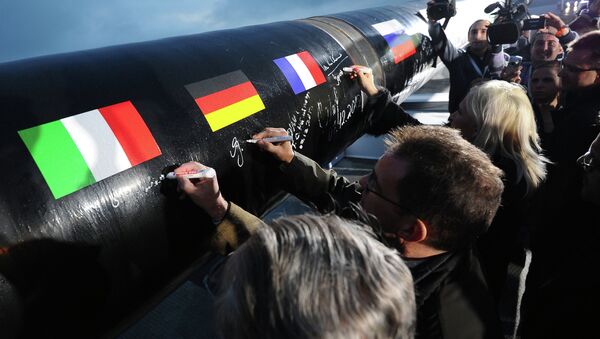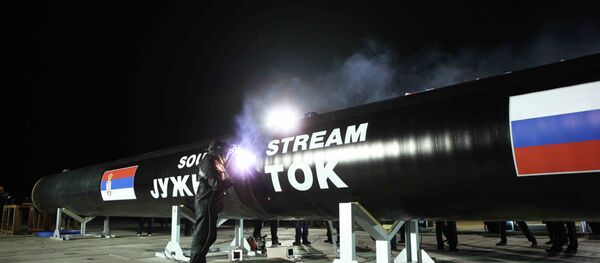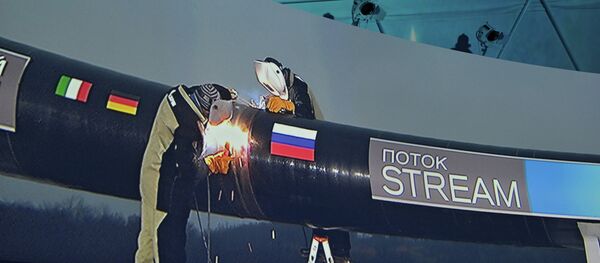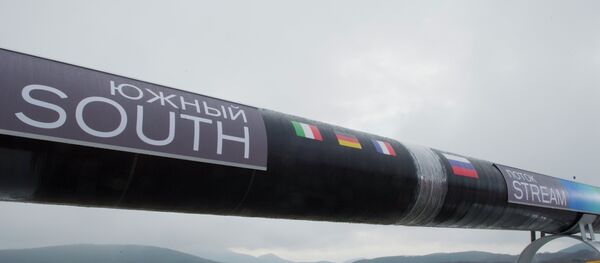Jelena Jurisic, a political expert with the University of Zagreb in Croatia, said Russia would be the last in line to suffer from the failure of the project to bring natural gas to central and southern Europe via a new route.
"Europe is the biggest loser, Russia much less so. As you know, the bulk of gas supplies that were earmarked for Europe over the next few years will be handed over to China… Russia will not lose the market whatever [gas] prices, while Europe will lose its energy security," the commentator warned.
The pipeline was to run under the Black Sea to southern and central Europe, making a landfall in Bulgaria and going through Serbia, Hungary and Slovenia further to Austria. Jurisic said media reports in neighboring Slovenia indicated concern and regret for the lost profits of transit fees.
"But I'm afraid losses will be far greater than that, because Europe will now have to build infrastructure from scratch to prop up its energy security".
"The South Stream was not only to bring gas, it was also to use part of Serbia's economy and boost the total budget income with investments… [The failure] is also bad for Serbia from the energy security perspective," Putnikovic said, adding the same was true for all potential transit countries.
To implement the onshore part of the South Stream project, Russia signed deals with the governments of Austria, Bulgaria, Hungary, Serbia, Slovenia and Croatia. But the European Commission said Moscow's talks with the six nations violated EU legislation.
According to Jelica Putnikovic, Serbia and Hungary opposed the EU's push to block the project until the very end. But Bulgaria did not give Russia permission to go ahead with the construction, and the project was scrapped.




